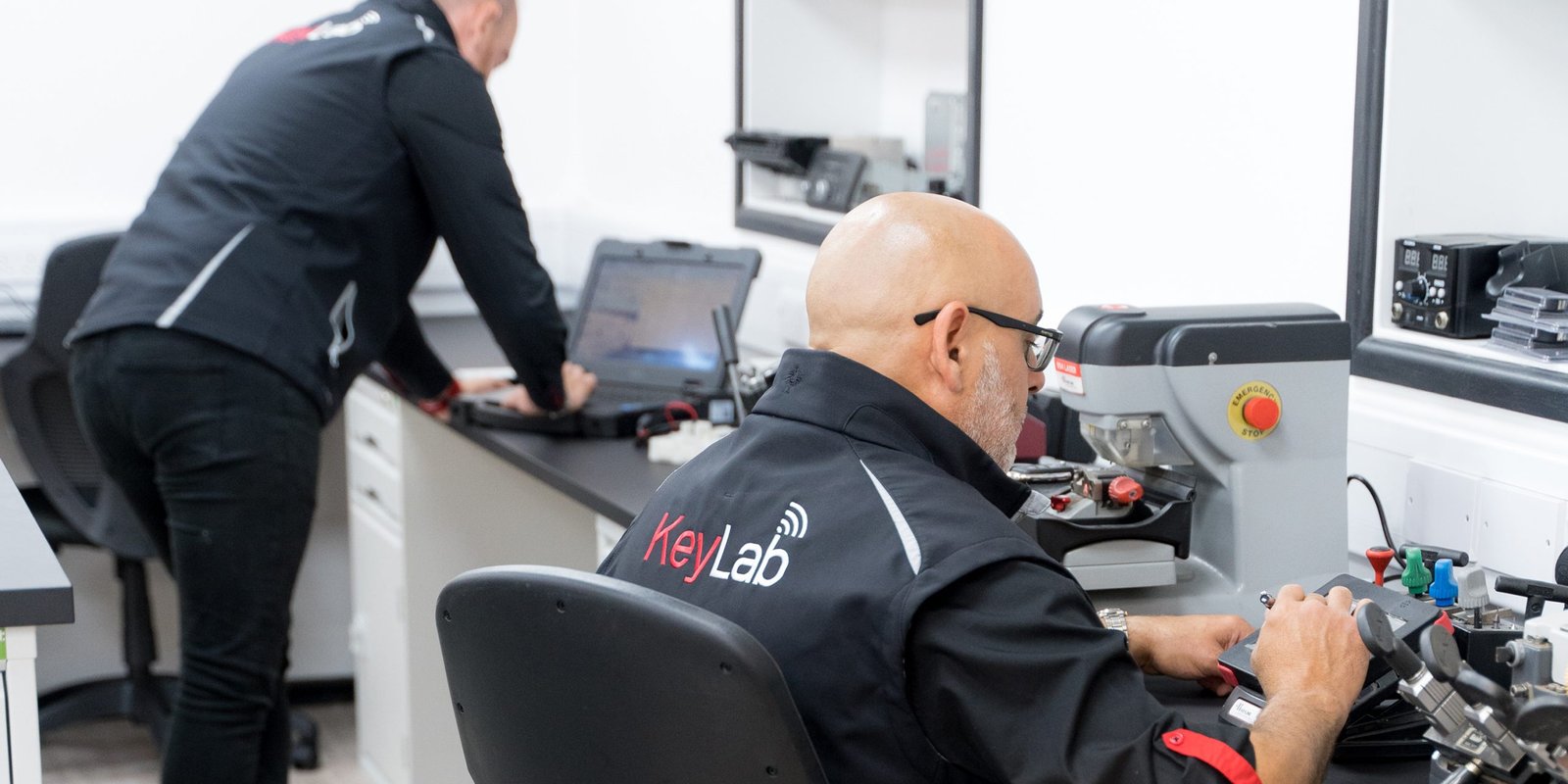Comprehensive Guide to Car Key Replacements: Understanding Your Options
In today's fast-paced world, losing or damaging a car key is an increasingly common affair. Car key replacements have progressed substantially over the years with improvements in innovation, and car owners now have a range of choices to think about. This post will explore the various types of car keys, methods for replacement, cost ramifications, and other essential considerations for car key replacements.
Kinds Of Car Keys
Comprehending the kinds of car keys is essential for knowing the replacement choices available. Below is a summary of the different types:
| Type | Description |
|---|---|
| Conventional Key | A non-electronic key that mechanically opens the door and ignition. |
| Transponder Key | A key embedded with a microchip that interacts with the car's ignition system for included security. |
| Key Fob | A push-button control used to unlock doors and begin the engine wirelessly. Often consists of a transponder chip. |
| Smart Key | Permits keyless entry and ignition, using proximity sensing units and advanced innovation. |
| Valet Key | A restricted key that limits access to particular features of the vehicle, generally utilized by parking attendants. |
Understanding the Replacement Process
When it comes to car key replacements, it is crucial for car owners to be mindful of the alternatives offered. The following approaches illustrate how car keys can be changed:
1. Dealer Replacement
- Process: The vehicle owner visits the car dealership and offers evidence of ownership. The dealer might require the Vehicle Identification Number (VIN) and extra recognition.
- Pros: Trusted source, guaranteed compatibility, frequently includes programming.
- Cons: Typically the most costly alternative.
2. Professional Locksmith
- Process: A licensed locksmith professional checks out the car location or operates from their store. They cut and program the replacement key.
- Pros: Generally less expensive than dealerships and can offer a variety of key alternatives.
- Cons: Limited ability for some innovative keys and fobs, may not have OEM (Original Equipment Manufacturer) parts.
3. Diy (DIY)
- Process: Car owners can acquire key blanks and shows kits online or from hardware stores. Follow particular guides for shows.
- Pros: Cost-effective and hassle-free.
- Cons: Risk of mistakes, lack of professional quality, and prospective security issues.
4. Mobile Key Cutting Services
- Process: Mobile services pertain to your area to cut and program keys.
- Pros: Convenient and frequently more budget friendly.
- Cons: May require a waiting period, and costs vary based on range and service quality.
5. Insurance coverage Coverage
- Process: Some vehicle insurance plan cover losses due to taken or lost keys.
- Pros: Potentially substantial expense savings.
- Cons: Coverage limitations and potential deductibles might apply.
Factors Influencing Replacement Costs
The expense of replacing a car key can vary widely depending on several elements, such as:
- Type of Key: Traditional keys are typically more economical to replace than transponder keys or wise keys.
- Design and Make of Vehicle: Luxury and more recent designs may have greater replacement expenses due to advanced technology.
- Area: The typical market rates for locksmith professional services or car dealerships can affect rates.
- Key Programming: Programming costs may be separate from key cutting expenditures.
Here's a basic breakdown of replacement costs:
Estimated Costs of Car Key Replacement
| Key Type | Approximated Cost Range |
|---|---|
| Standard Key | ₤ 5 - ₤ 25 |
| Transponder Key | ₤ 50 - ₤ 300 |
| Key Fob | ₤ 50 - ₤ 600 |
| Smart Key | ₤ 200 - ₤ 600 |
| Valet Key | ₤ 10 - ₤ 30 |
Essential Considerations
While exploring car key replacements, it's vital to remember of the following:
- Proof of Ownership: Always have paperwork that shows ownership when seeking a replacement.
- Security Concerns: Keep in mind that lost keys present security risks; if there's an issue, think about rekeying locks.
- Service warranty and Insurance: Check if your car is under service warranty and if it covers key replacements.
- Future Security: Consider upgrading to more safe alternatives like clever keys if your vehicle supports it.
Frequently Asked Questions About Car Key Replacements
Q1: Can I replace my car key myself?A1: Yes, it is possible to replace your car key yourself, specifically if you buy key blanks and have shows tools. However, ensure www.thekeylab.co.uk follow instructions accurately to prevent issues.
Q2: How long does it require to replace a car key?A2: Replacement time depends on the technique used. Car dealerships may take longer due to shows, while mobile locksmith professionals can typically do it on-site within minutes.
Q3: What should I do if I lost my car key?A3: If you lose your car key, assess your requirements and choose a replacement technique. Think about calling a locksmith or your vehicle's car dealership for next actions.
Q4: Are duplicate keys considered replacements?A4: No, duplicates are copies of existing keys, while replacements are new keys made when the initial is lost, broken, or not working.
Q5: Will my car's alarm be impacted if I replace the key?A5: It depends on the key type. Usually, a correctly set replacement will not impact the alarm system. Nevertheless, some keys may need to be synced or set to the alarm.
Car key replacements are more simple than they have ever been, yet understanding the numerous alternatives and their implications can save time and money. By acquainting oneself with the kinds of keys, the replacement procedure, and potential costs, car owners can browse this difficulty with greater ease. Whether going with a dealer, locksmith, or a DIY approach, staying notified ensures smarter choices for protecting car gain access to.

